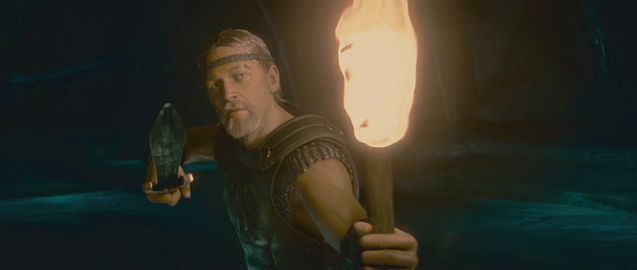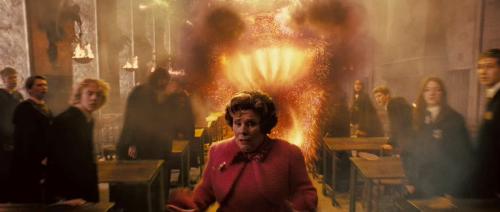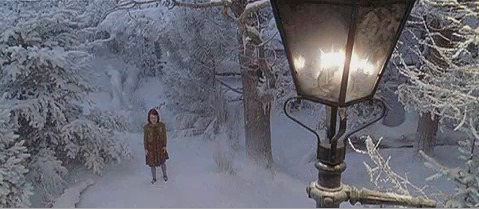Beowulf (Robert Zemeckis, 2007)
Beowulf is a test-bed for a combination of technologies that might be the future of the movies. It utilises “performance capture” animation, which some think will revolutionise computer animation. In many theatres it is being exhibited in 3-D, and that technology is acting as something of a trojan horse for the accelerated roll-out of digital cinemas. And its regular theatrical release is paired with showings in IMAX. It’s all very reminiscent of the 1950s, when extreme widescreen processes and early 3-D were used to try to give theatrical exhibition a competitive advantage against the threat of television. Today, the threats are DVD and illegal downloads, but the impetus is much the same. And Robert Zemeckis, in particular, has devoted much of the last decade to this technology: he hasn’t made a live-action film since 2000’s Cast Away, and won’t for some years (with his next picture locked in as the computer-animated A Christmas Tale, due in 2009).


